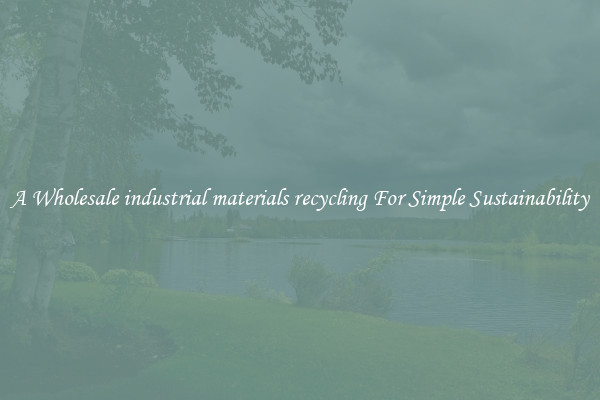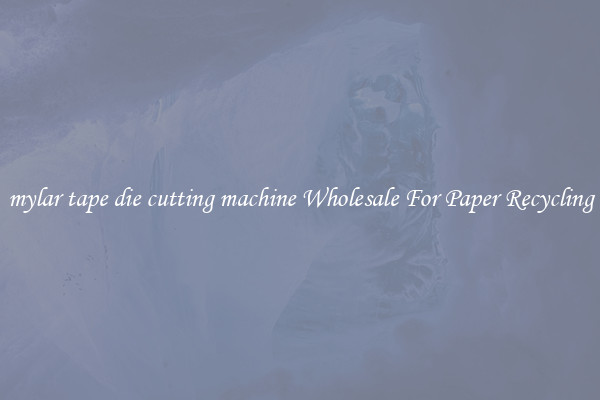A Wholesale industrial materials recycling For Simple Sustainability
Wholesale industrial materials recycling is increasingly becoming a vital practice in promoting sustainability. With industries generating a significant amount of waste every year, it is essential to explore innovative ways to recycle these materials and reduce their impact on the environment. Simple sustainability is achievable through the efficient management of resources and the adoption of recycling practices on a wholesale scale.

One of the primary benefits of wholesale industrial materials recycling is the conservation of natural resources. By recycling materials such as metals, plastics, and paper, industries can reduce their reliance on extracting raw materials from the earth. This process of extracting resources is often harmful to the environment and can lead to deforestation, pollution, and habitat destruction. Wholesale recycling helps to preserve these resources and minimize the negative environmental effects associated with their extraction.
In addition to conserving natural resources, recycling industrial materials reduces the amount of waste that ends up in landfills. Landfills are not only unsightly but also contribute to the emission of greenhouse gases, which worsen climate change. By recycling materials on a wholesale scale, industries can redirect these materials back into the production cycle instead of sending them to landfills. This reduces the demand for new materials and the waste that accumulates in our landfills, leading to cleaner and healthier environments for all.
Apart from the environmental benefits, wholesale industrial materials recycling can also be economically beneficial. Recycling materials often costs less than extracting new resources for production. Therefore, industries that adopt wholesale recycling practices can save money on raw materials. Additionally, recycling can create new jobs in the recycling industry, providing economic opportunities for communities.
Implementing wholesale industrial materials recycling requires collaboration and coordination between industries, government bodies, and recycling facilities. It is essential to establish a robust infrastructure that supports the efficient collection, sorting, and processing of recyclable materials. This can be achieved through partnerships with recycling facilities and the creation of recycling programs that promote the responsible disposal of materials.
Industry leaders can also play a crucial role in promoting wholesale industrial materials recycling by setting sustainability goals and educating their employees on the importance of recycling. By making recycling a priority within their organizations, companies can inspire other industries to follow suit and contribute to a more sustainable future.
In conclusion, wholesale industrial materials recycling is a critical practice for simple sustainability. By conserving natural resources, reducing landfill waste, and providing economic benefits, recycling on a wholesale scale can help industries achieve sustainability goals. It is essential for industries to work together, invest in recycling infrastructure, and promote recycling practices among their employees. Only by taking collective action can we ensure a greener and more sustainable future for generations to come.

View details

View details

View details

View details







